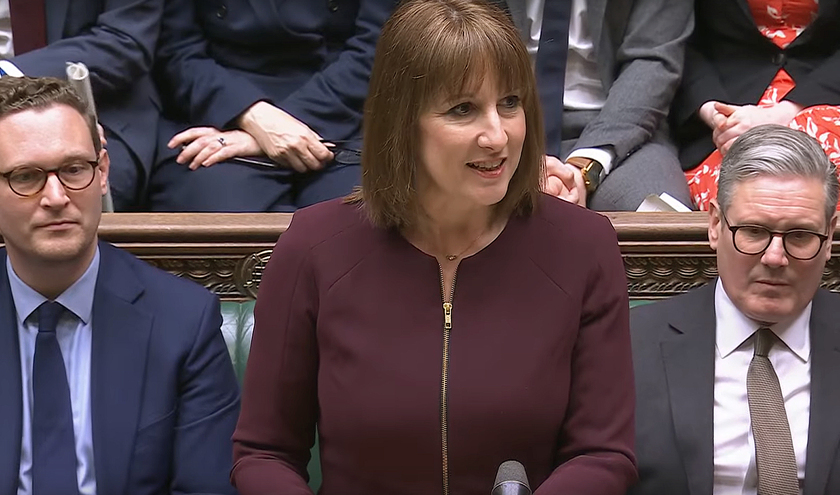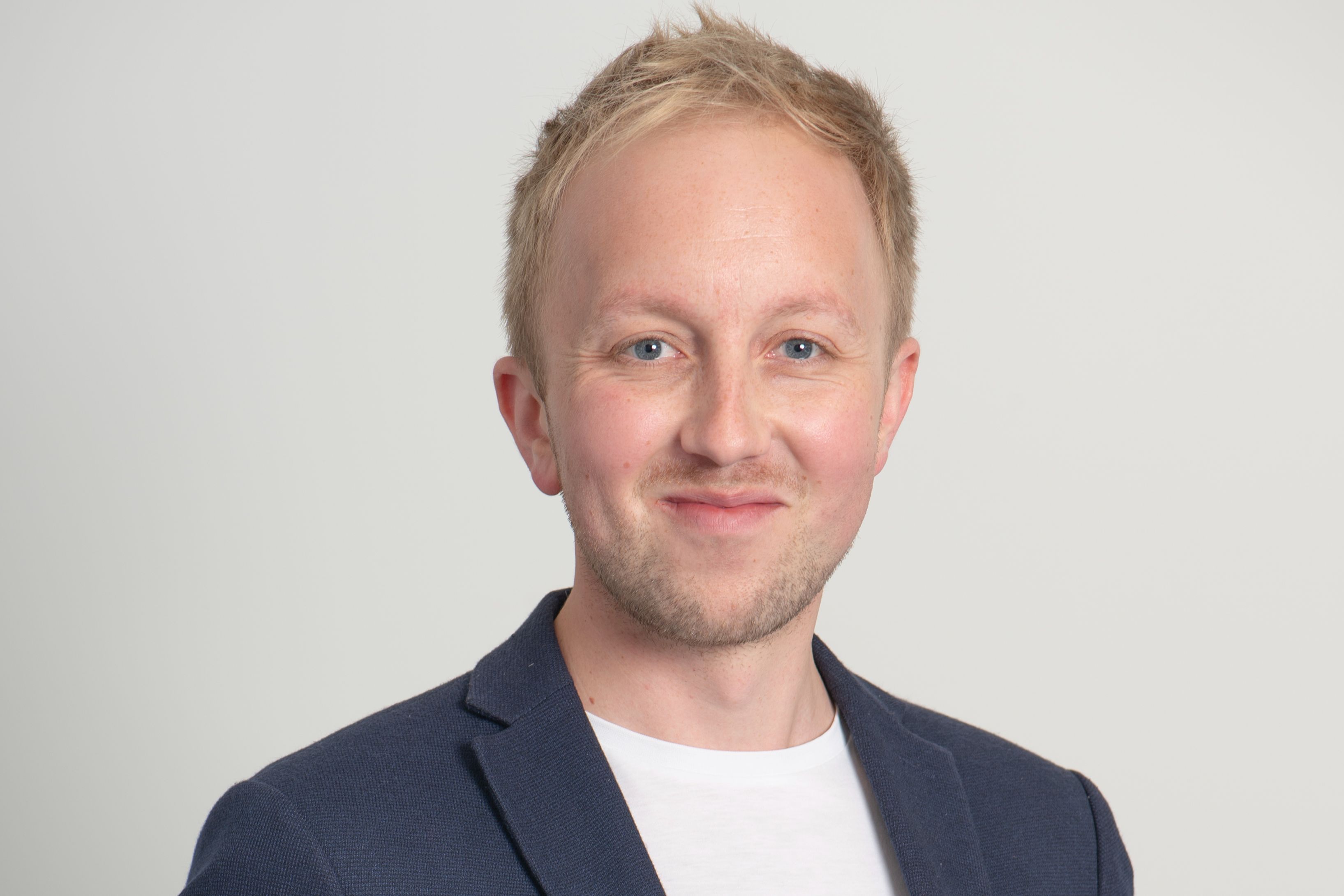Up to £10bn will be allocated towards technology and digital transformation, as the NHS' technology budget is increased by 50%, Reeves said.
In addition, thousands more GPs will be trained and funding will be allocated to deliver an additional 700,000 urgent NHS dentist appointments a year.
Reeves told the House of Commons: ‘There's no strong economy without a strong NHS.'
The Chancellor also confirmed the biggest boost to social and affordable housing in a generation, confirming £39bn of investment over 10 years through a new Affordable Homes Programme.
In addition, the government will invest £1.2bn a year to support over a million young people into training and apprenticeships.
Reaction
Matthew Taylor, chief executive of the NHS Confederation, said: ‘Difficult decisions will still need to be made as this additional £29bn won't be enough to cover the increasing cost of new treatments, with staff pay likely to account for a large proportion of it. So on its own, this won't guarantee that waiting time targets are met.
‘NHS leaders will therefore need continued backing from the government to redesign services and balance budgets. That means getting political backing when some services are redesigned or cut, including moving hospital services into the community and closer to people's homes as part of the government's three shifts.'
Chief executive of NHS Providers, Daniel Elkeles, said: ‘Once again, social care - which is in desperate need of attention - hasn't been given the focus it needs. Leaving patients and the public without appropriate care is a significant blocker on progress for the NHS.
'And while extra capital investment in NHS technology and digital transformation is long overdue, decades of under-investment mean we must think outside the box when it comes to solving this double whammy of under-strain public finances and an NHS estate in desperate need of renewal.
‘It's vital that all options are on the table, including exploring ways of bringing private capital back into the NHS which don't replicate the costly mistakes of PFI. Making these shifts a reality will require upfront investment. The government – and the NHS – will face difficult decisions and tough trade-offs in the coming years.'
Henry Gregg, chief executive of the National Pharmacy Association, said: ‘Real terms spending increases for the NHS are good news. But we shouldn't underestimate the challenge of keeping pharmacies supporting millions of patients every day while they are still facing acute financial pressures despite additional funding this year.
‘Estimates commissioned by the NHS suggest that the pharmacy service costs billions more to run than the NHS funds because of underfunding over the past decade so we need to work with ministers to shift care from hospitals to the community, prevent disease and unleash the power of technology.'
RCN general secretary and chief executive, Professor Nicola Ranger, said: ‘Against a backdrop of other cuts, nursing staff will see the NHS being protected but not transformed by today's spending plans. The Chancellor acknowledged the contribution of nursing staff, but the reality is patient demand is rising and the nurse workforce crisis is deepening. Ambition and the funding to match is required from government if its flagship reforms are to be successful.
‘Shifting care from hospitals into the community will require significant investment to not just stabilise the profession but grow nursing roles. When the government lays out its vision for the future of the NHS and its workforce, it must say how it intends to reverse collapsing student recruitment, boost retention and deliver urgent, structural reform to nursing pay.'
Professor Martin Green, chief executive of Care England, said: ‘This Spending Review gives the illusion of support without delivering the substance. Much of the funding is conditional, dependent on councils raising council tax to its limit – something many will avoid for political reasons – and channelled through NHS-led schemes like the Better Care Fund, a mechanism focused on the NHS and hospital discharge, not the broader care system that underpins it. The result is a system still starved of the funding it needs to function.
‘There is no separate funding to deliver the Fair Pay Agreement. No ringfenced money to implement the Employment Rights Bill. And no support for the increased domestic recruitment costs triggered by the closure of the care visa route. Pushing these changes without addressing the financial reality undermines their credibility and effectiveness.
‘We're being asked to run faster on empty. This is not just a funding gap — it's a credibility gap. If the Government wants to be serious about valuing care, then it must show it in the only language that matters investment.'
Unison general secretary, Christina McAnea, said: ‘Although the NHS will be getting an extra funding boost, the reality on the ground now is very different. Health trusts across England are making damaging cuts to jobs and services under ministers' orders to balance this year's budgets.'
Rachel Harrison, GMB national secretary, said: ‘GMB will always welcome extra cash for the NHS, while fresh money for the police, prisons and probation is something we've long called for, along with funding for school buildings and mental health provision in education.
‘But, as ever, the proof will be in the pudding as to whether this is enough money - and if it ends up in the right places.'



